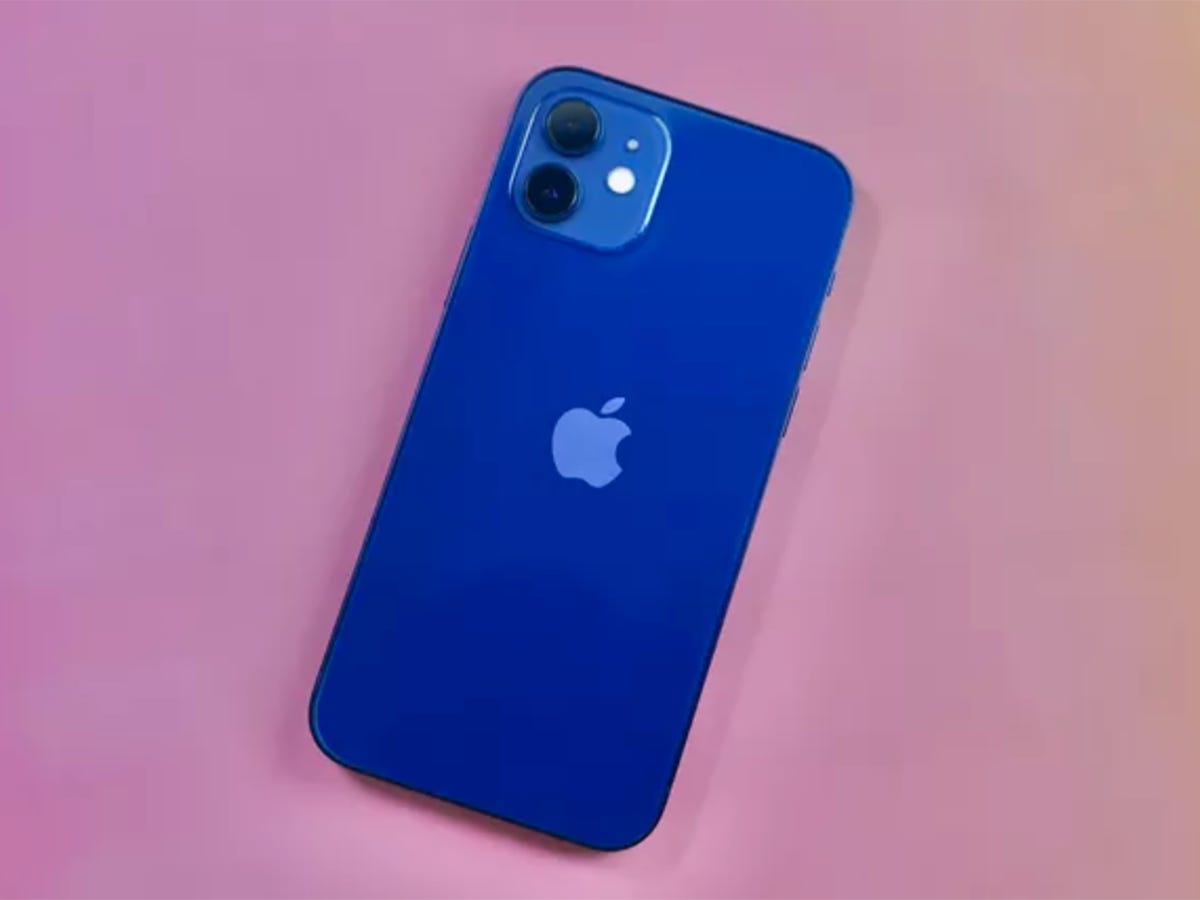BT Group is in exclusive talks to acquire EE in a £12.5bn deal that would unite Britain’s largest supplier of fixed telephone lines with the country’s dominant mobile phone network. The move revealed on Monday follows November’s announcement that BT, one of the best-known privatizations from the Thatcher era, was in talks to acquire one of EE or O2, the mobile network from which it had emerged in 2001. This move has been one of the worst strategic errors in UK corporate history.
If BT re-enters the UK mobile phone market by completing the takeover of EE, Deutsche Telekom, which is 15% owned by the German state, would hold a 12% stake in BT and be entitled to appoint one board member. Orange would have a 4% stake. The French and German companies each owned 50% of EE. In a statement, BT said: “The proposed acquisition would enable BT to accelerate its existing mobility strategy whereby customers will benefit from innovative, seamless services that combine the power of fiber broadband, Wi-Fi, and 4G. BT would own the UK’s most-advanced 4G network, giving it greater control over future investment and product innovation”.
The combination of EE and BT would cement the latter’s status as the dominant force in UK telecoms, merging Britain’s most advanced mobile 4G network, with 25 million customers, with the company that owns and operates the UK’s biggest telecoms and broadband network. BT should be powerful if the deal concludes as the only UK company with mobile masts and a significant broadband network. However, the company will be paying about half the £12.5bn bill in cash, which is likely to have to raise through a rights issue or share placement.
Rivals such as Sky and TalkTalk, which rent BT’s broadband network to supply their internet and pay-TV services, are expected to push for regulatory curbs, as is Vodafone, which is hoping to stay in the race by building a fiber broadband network of its own. Analysts warned that although telecoms watchdog Ofcom was unlikely to block the deal, it could ask for concessions, including more stringent regulatory hurdles than BT had opted to buy O2.
Paolo Pescatore, a telecoms analyst at CCS Insight, said: “It combines the UK market leader in fixed-line with the number one mobile operator. We believe that Ofcom would unlikely block the deal, but the combined entity could be forced to dispose of some spectrum. The regulator could also mandate the demerger of either or both of BT’s Openreach [which owns its fiber network] and wholesale units.”

The wholesale unit sells space on BT’s network to competitors, including Sky, to mobile firms such as Vodafone, which uses its cables to run traffic between masts and smaller internet service providers such as Hyperoptic. BT hopes to persuade many homes to purchase all four services – home phone, mobile, broadband, and pay TV. Dominic Baliszewski, a telecoms expert at comparison site broadband choices, said: “The trend for providers to offer the full suite of home communications services is showing no sign of slowing, but UK customers have not yet embraced ‘quadplay as enthusiastically as in other European countries, such as Spain, where it is hugely successful.”
The move comes just two years after BT unexpectedly marched into the television business by paying £2bn to secure key sports rights, including Premier League football, before putting up £900m for the rights to screen games from the Champions League. The BT executive who masterminded the move into football, Gavin Patterson, has since taken over as chief executive. He decided to move back into the mobile business.
- Sports in Ecuador – From Soccer and Swimming to Shooting!
- Mind-Reading Machines by 2016! READ MORE :
- Sports Direct denies ‘Dickensian practices in the face of investor revolt
- What Does Office 2016 Mean to a Small to Medium Business?
- Dirty cloud: warnings over online gaming industry’s environmental footprint
However, BT insiders said the real reason for trying to acquire EE was centered on future services, allowing customers to be offered a broadband internet package that sees their mobile device seamlessly connect to the internet via home wireless networks or a combination of wireless hotspots and 4G networks out of the home. Revenues for the UK’s mobile operators have been falling in recent quarters, with the fall compounded by price cuts imposed by regulators. Meanwhile, revenues for broadband are growing.
The trends mean analysts expect a wave of mergers combining mobile and broadband, cable, and pay television networks across Europe. Vodafone has already been linked with Liberty Global, the American corporation that owns Virgin Media in the UK. It is also negotiating a closer alliance with Sky, with plans to offer some satellite broadcaster’s content over Vodafone’s forthcoming pay-TV service, slated for launch early next year.
What is quadplay?
The telecoms industry may herald it as the next big trend, but quadplay has left most consumers cold. Many have never heard of the concept, let alone expressed a desire to experience it. So what is quadplay, and why should we want it? The term may sound like a sport invented by Oxford undergraduates in their residence halls. Still, it refers to the four telecoms services households will increasingly be able to buy from the same company – home phone, mobile, internet, and telly.
On the continent, particularly in Spain, buying all these services together has been popular with cost-conscious households. Virgin Media has been trying in the UK for years with limited success. Its virtual network – Virgin owns no masts but rents airtime from a network – is losing customers. There are still 3m subscribers, but many don’t take the cable. Only 16% of Virgin’s nearly 5m subscribers have opted for quadplay. TalkTalk has offered a virtual network since 2011 and has been a little more successful with its typically bargain-hunting customers. It has been adding mobile subscribers every quarter, and 350,000 of its 4.2m homes now bundle in a SIM card with broadband access.




